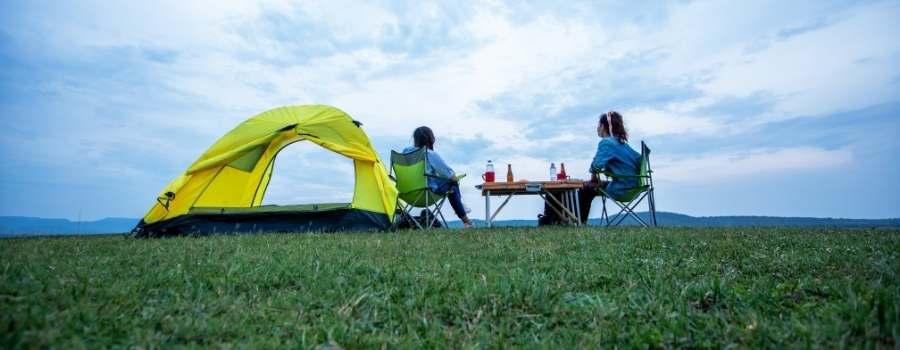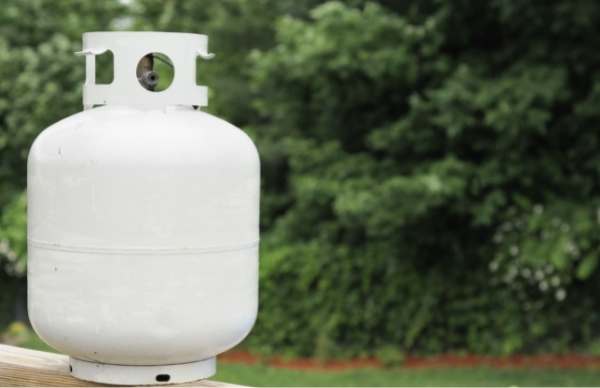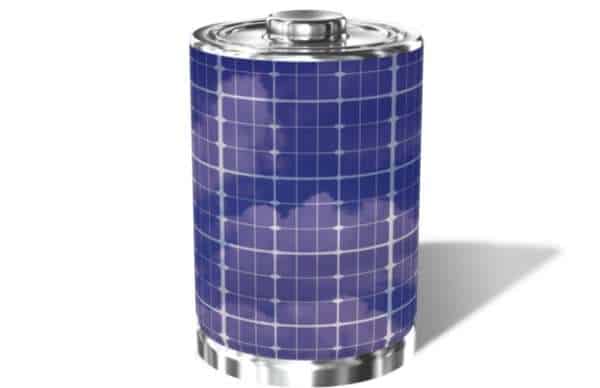
Camping is a great way to get away from the hustle and bustle of life, but it can be difficult if you are out for several days and need to keep your food cool and well preserved. This is why many people are choosing solar powered camping fridges these days.
The other option is to use coolers and ice packs…but if you are in a warm area these ice packs are going to have to be changed out each day which means having a constant supply being transported to your camping area, which kind of defeats the purpose.
Most people will get by just fine with the cooler ice pack option since they’ll only be out for a night or two, but for the die-hard outdoors fans that just want to get away from it all for several days or even several week you’ll want to look into the solar fridge option…but are they the perfect solution for every situation? Here are the pros and cons of solar powered camping fridges:
| PRO | CON |
| Truly Off-Grid | Can Be Unreliable |
| More Pleasant To Use | Fairly Steep Upfront Cost |
| Require Less Storage Space | Batteries Are Bulky |
| More Environmentally Friendly | Solar Panels Are Bulky |
| Can Be Cost Effective | Solar Panels Can Be Inefficient |
Solar Powered Camping Fridges Are Truly Off-Grid
Probably one of the biggest advantages of a solar powered camping fridge is that you can take it truly off-grid. Unlike a traditional fridge, which you will usually need a supply of kerosene to run, a solar powered camping fridge can be taken as far from society as you wish to go, and as long as there is enough sunlight, it will hold up to the challenge.
For someone who wants to disconnect from society and consumerism as much as possible, this is an obvious choice that lets you enjoy modern convenience without depending on the fuel companies.
Similarly, if you run your fridge from your car, you are dependent on this as a power source. This will drain your car’s battery and may leave you stranded. You might also find that you have to charge your battery by driving your car around – which will lead to you needing to pick up more fuel.
Solar Fridges are Much More Pleasant To Use
Another big benefit is that solar powered fridges are much more pleasant to use than a kerosene or propane option. Burning kerosene is not nice. It releases carbon dioxide, it smells bad, and it’s pretty expensive to keep running. Some fridges use over a liter per day, and if you don’t keep your fridge fueled, there’s no point in having it.
A solar powered fridge is a much nicer piece of equipment simply because it doesn’t make the area around you stink, and it will cost you a lot less to run since it’s dependent on a free resource for its power.
If you are using your fridge in an enclosed area the smell is a big factor, and many people have turned to solar fridges purely for this reason. You don’t want to be breathing in carbon dioxide and other unpleasant scents while you’re trying to relax and enjoy your environment.
Of course, if you are running your fridge from the power source in your car, the fumes are not an issue. However, you may find that you are constantly worrying about whether your battery is running out of juice.

Solar Powered Fridges Require A Lot Less Storage Space
Next, because a solar fridge does not require fuel, it can take up less space than a fridge that requires kerosene. You do not have to find a spot to store the kerosene, and given how much kerosene a traditional fridge can use, this is a big deal.
If, for example, you’re going on a ten day trip, you’ll often need around ten liters of fuel, and you’ll probably want a backup supply too. That’s a big chunk of space to dedicate to the running of a fridge.
A solar fridge means people who want to spend weeks or even months away from society do not have to buy and carry large amounts of kerosene or other fuel in order to have access to a fridge. They can simply pack up the fridge and set off.
Even if you have a good amount of storage space, the fuel costs you to transport in terms of the gas you will burn, and it is expensive to buy.
Solar Fridges Are More Environmentally Friendly
Burning fossil fuels is something that we all know isn’t good for the planet, and most people who are moving off-grid and looking at solar options care deeply about doing their bit for the environment.
A solar powered fridge has an upfront cost of manufacture, but once it has been made, it does not cost any further resources to keep it running. There are many hidden costs that no longer come into play, such as:
- The extraction and manufacturing of the kerosene
- The packaging of the kerosene
- The transportation of the kerosene, all the way from gathering the resources in nature to its arrival in the store
- The energy required to store it
- Your fuel in driving to the store to pick it up and transport it home
- The fuel cost of traveling with kerosene
- The return or disposal of kerosene packaging and the processing required for this
There may be other hidden costs depending on your situation, so taking kerosene out of the equation massively reduces the impact it has on the environment, even without taking the harmfulness of burning it into account.
Of course, burning it is another huge factor, and many people are unhappy with the damage that they do to the environment while running their fridges. For some, it is an unacceptable compromise, and a solar powered fridge therefore becomes the only way to access the luxury of chilled food while on the go.
You can turn to your car as an alternative power source, but bear in mind that you are indirectly using fossil fuels to charge the battery of your vehicle, which is what powers the fridge.
Solar Powered Camping Fridges Can Be Cost Effective
Another attraction of a solar powered fridge is that once you have it set up, you will not have many ongoing costs. You may need to replace batteries occasionally, and the unit will not last forever, but your fuel is free.
Of course, this can be subjective since a solar fridge can have a pretty stout upfront cost and your frequency of use can color your opinion. If you plan to use your solar fridge a few times a year and you take good care of it, then it can be a highly worthwhile expense…otherwise you might be better off with a cooler and ice.
Solar Fridges Can Be Unreliable
Of course, solar will always suffer from a major disadvantage; it is not a reliable energy source. You may find that your fridge is not able to run on days when it is cloudy, or in winter. You need a minimum amount of sunlight for it to work, and in some places or during some seasons, this simply isn’t viable.

Solar Fridges Have A Fairly Steep Upfront Cost
Buying a solar powered fridge will often cost you more to begin with, because the solar panels are still expensive to manufacture. You need to have the money for the upfront cost, and if you’re currently kitting out an off-grid vehicle, money may not be readily available.
The Batteries On Solar Powered Fridges Are Bulky
Although you won’t need to carry stocks of fuel, the fridge will likely have some pretty large and heavy batteries. These keep it running overnight, so they are crucial, but they are not light. If you are only taking short trips, stocking up on kerosene may be more attractive.
The batteries have the additional disadvantage of wearing down over time, and they will have to be replaced. This can be expensive.
Of course, you may be able to hook your fridge up to solar panels on your RV or vehicle, in which case, you might find that you don’t need the extra batteries. However, this will depend on your setup and the other drains that you have on your power supply and main batteries.

The Solar Panels Used With Your Solar Fridge Can Be Bulky
Solar panels take up a lot of space, and there is no way around this. If you want to efficiently gather solar energy, you need a big space, and space is often tight in off-grid setups. You may find it challenging to get enough space for your fridge.
The Solar Panels Can Be Inefficient
Although solar power has come a long way in recent years, the technology is still relatively inefficient. You need a lot of sunlight to power something like a fridge, and this means that solar fridges have remained fairly unpopular for most people.
However, if you have a good solar panel setup or space for the batteries, plus a lot of sunlight, they become a very attractive alternative.
